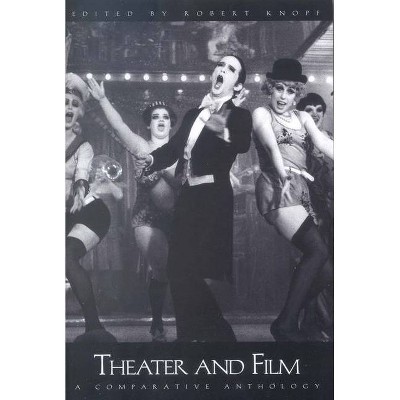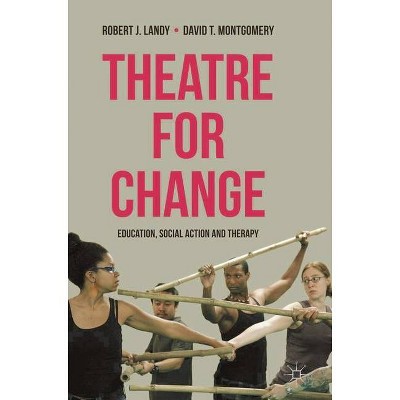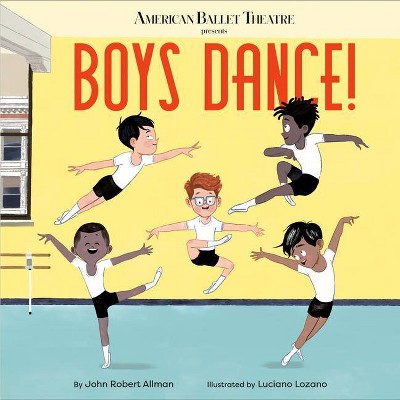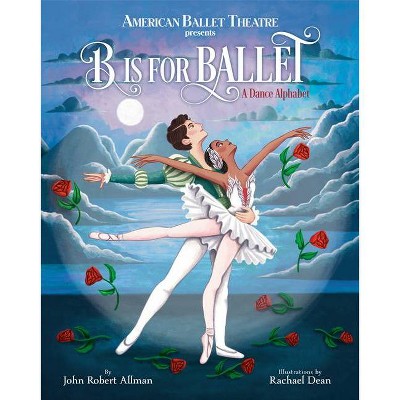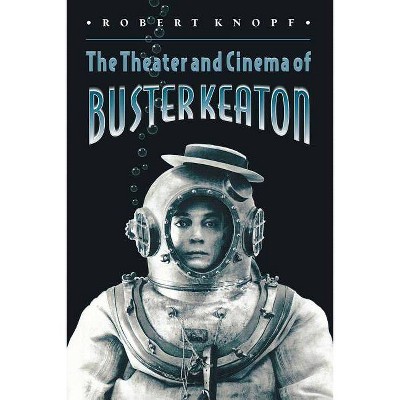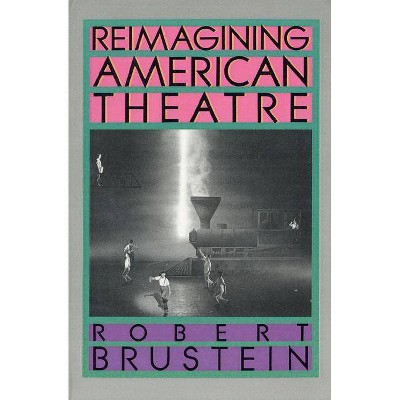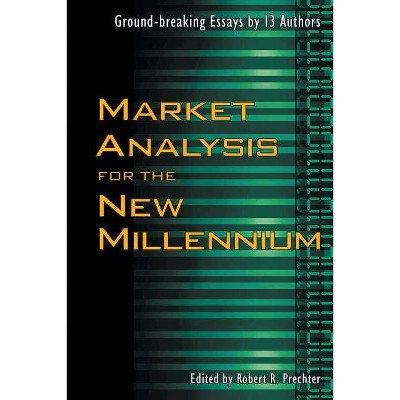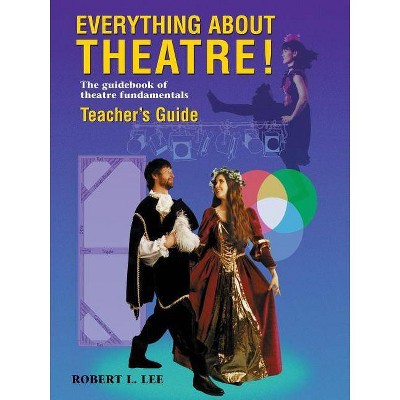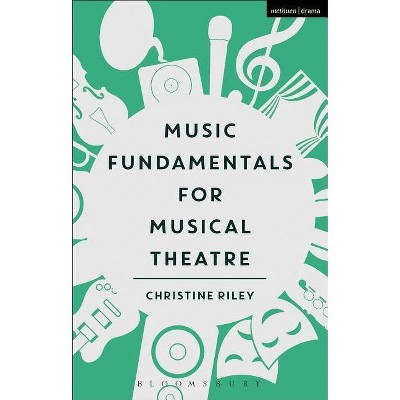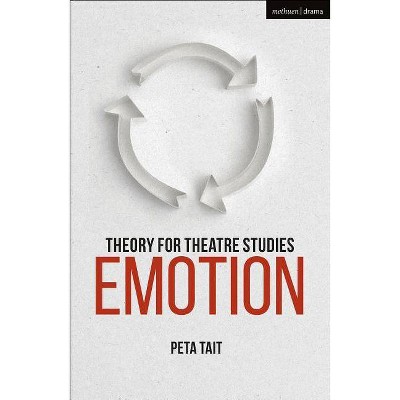Script Analysis for Theatre - by Robert Knopf (Hardcover)
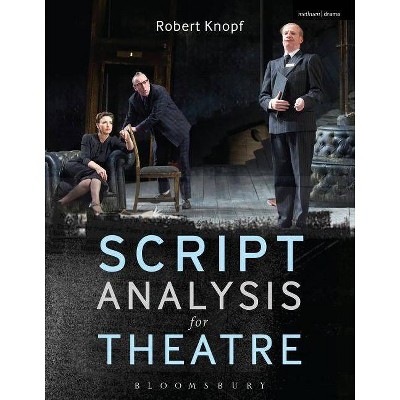
Similar Products
Products of same category from the store
AllProduct info
<p/><br></br><p><b> About the Book </b></p></br></br>"Provides theater students and emerging theater artists with the tools, skills and a shared language to analyze play scripts, communicate about them and collaborate with others on stage productions ... Readers will learn to distinguish the big picture of a script, dissect and 'score' smaller units and moment-to-moment action and create individualized blueprints from which to collaborate on shaping the action in production from their perspectives as actors, directors and designers."--Page 4 of cover.<p/><br></br><p><b> Book Synopsis </b></p></br></br><i>Script Analysis for Theatre: </i><i>Tools for Interpretation, Collaboration and Production</i> provides theatre students and emerging theatre artists with the tools, skills and a shared language to analyze play scripts, communicate about them, and collaborate with others on stage productions. Based largely on concepts derived from Stanislavski's system of acting and method acting, the book focuses on action - what characters do to each other in specific circumstances, times, and places - as the engine of every play. From this foundation, readers will learn to distinguish the big picture of a script, dissect and 'score' smaller units and moment-to-moment action, and create individualized blueprints from which to collaborate on shaping the action in production from their perspectives as actors, directors, and designers. <br/><i><br/></i><i>Script Analysis for Theatre</i> offers a practical approach to script analysis for theatre production and is grounded in case studies of a range of the most studied plays, including Sophocles' <i>Oedipus the King</i>, Shakespeare's <i>Twelfth Night</i>, Henrik Ibsen's <i>Hedda Gabler</i>, Georg Büchner's <i>Woyzeck</i>, Oscar Wilde's <i>The Importance of Being Earnest</i>, Tennessee Williams's <i>A Streetcar Named Desire</i>, and Paula Vogel's <i>How I Learned to Drive</i>, among others. Readers will develop the real-life skills professional theatre artists use to design, rehearse, and produce plays.<p/><br></br><p><b> Review Quotes </b></p></br></br><br><i>Script Analysis for Theatre</i> provides excellent techniques developed over a lifetime of work with actors, directors, designers, in the classroom and on stage. The book is seasoned, smart and practical, equipping students with an essential toolbox for engaging with scripts.<br/>Jim Volz, Professor of Theatre History at California State University at Fullerton, USA<br><br>I am deeply impressed by the precise way in which it fuses a broad theoretical understanding of drama with the practical analysis of texts, and have little but praise for it. I am very familiar with the range of existing script analysis texts, and this is one of the few I would consider assigning in full to an undergraduate script analysis class.<br/>Art Borreca, Iowa Playwrights Workshop, Department of Theatre Arts, University of Iowa, USA<br><p/><br></br><p><b> About the Author </b></p></br></br><b>Robert Knopf</b> teaches script analysis, directing, and improvisation at University at Buffalo/SUNY, USA where he is Director of Theatre Studies and Professor of Theatre. A theater director, scholar, and writer, Robert Knopf is the author of two books, <i>The Theater and Cinema of Buster Keaton</i> and <i>The Director as Collaborator</i>. He edited <i>Theater and Film</i> and co-edited the seminal two-volume critical anthology, <i>Theater of the Avant-Garde</i>. He has directed plays at Circle-in-the-Square Downtown, Cherry Lane Studio, Paradise Factory, Circle Rep Lab, and New York's historic Town Hall, as well as for National Public Radio
Price History
Price Archive shows prices from various stores, lets you see history and find the cheapest. There is no actual sale on the website. For all support, inquiry and suggestion messagescommunication@pricearchive.us
